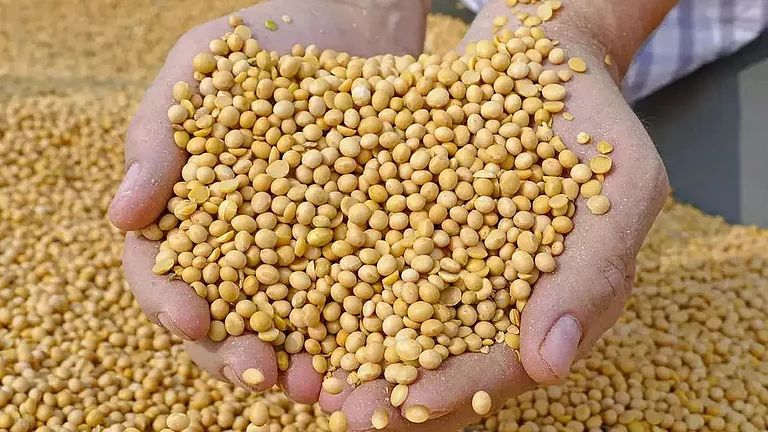The next United Nations Climate Change Conference (COP30), to be hosted by Brazil in Belem, is expected to include agriculture as a prominent part of its agenda.
This is because agriculture is both a contributor to, and a victim of, climate change. Due to practices like deforestation, livestock farming, and the use of synthetic fertilisers, agriculture is responsible for roughly 10-12% of global emissions. It is also among the sectors most vulnerable to climate change impacts, such as erratic rainfall, heatwaves and extreme weather events. Small example: a 1°C increase in global temperature can cause a 10–20% decrease in wheat production. Think about the potential impact on global food security with the human population growing on one hand, and the earth’s temperature increasing on the other.
The UN body FAO (Food and Agriculture Organisation) plays a pivotal role in highlighting these issues at COP. For the multilateral organisation, COP29 served as a platform for collaborative dialogue, knowledge sharing, and decision-making on the unique role of agriculture and food systems in the fight against climate change. As it puts it succinctly, agrifood system solutions are climate solutions.
COP29’s Agriculture-related Discussions and Outcomes
FAO had quite a few action-packed-items lined up at COP29. The Food, Agriculture and Water Day, on November 19, included several topics, such as role of technology and climate financing for farmers. The outcome, however, was, at best, a mixed bag.
As for progress, country-to-country carbon trading guidelines have been charted under Section 6, a new international carbon market has been defined and full operationalisation of the Loss and Damage Fund has been declared. Afforestation and reforestation projects created under the older “clean development mechanism” (CDM), will now be able to enter this market. Some of these funds should reach small and marginal farmers being affected by climate change.
The Baku Harmoniya Climate Initiative for Farmers was announced. This initiative is focused on combining and streamlining the flows of information around climate action for farmers. However, no pledges or commitments were made around this initiative.
The COP29 Presidency, with the UNEP-convened Climate and Clean Air Coalition (CCAC), launched the Reducing Methane from Organic Waste Declaration. Over 30 states are among the initial signatories, who together represent 47% of global methane emissions from organic waste, which includes food waste. They declared their commitment to set sectoral targets to reduce methane from organic waste within future NDCs. This is good, as methane does not get as much mind-space as CO2. The initiative is intended to support the Global Methane Pledge, which aims to slash overall methane emissions by 30% by 2030.
Tropical deforestation, which accounts for around 20% of human-caused CO2 emissions, was absent from the official COP29 agenda. So, there were no new country pacts led by Azerbaijan. The presidency did partially dedicate its last “thematic” day to nature on 21 November. On this day, there was a “high-level” event on forests, which saw COP30 host Brazil’s environment minister, Marina Silva, emphasise the role of trees in tackling both environmental and social challenges.
The Agenda at COP30
The topic of “Just Transition” has been conspicuous by its absence from the agriculture discussions at COP. If farmers have to be supported with climate-resilient practices, they will need financing (and not just technology) support from the developed economies. The pressure on the farmers is even more acute when it comes to India, or the rest of the Global South. This must be addressed head-on, and we need “just” methods to help in transition.
India alone has some 15 agro-climatic zones. What works in the paddy farms of Haryana, does not work in the cardamom plantations of Kerala, or the tea estates of Assam and so on. Sometimes, technology solutions in the field of agriculture and climate are painted with a broad brush when the fact is that each solution has a different relevance and effectiveness. When proposing new solutions, it is crucial to analyse their applicability to specific agro-climatic zones and crops. Contextualised case studies at the next COP would be valuable.
In conclusion, one hopes the next COP session brings cheer to the farmers around the world – especially those in India and the Global South.
(M Ramakrishnan is managing director, Primus Partners. Views expressed are personal)


























